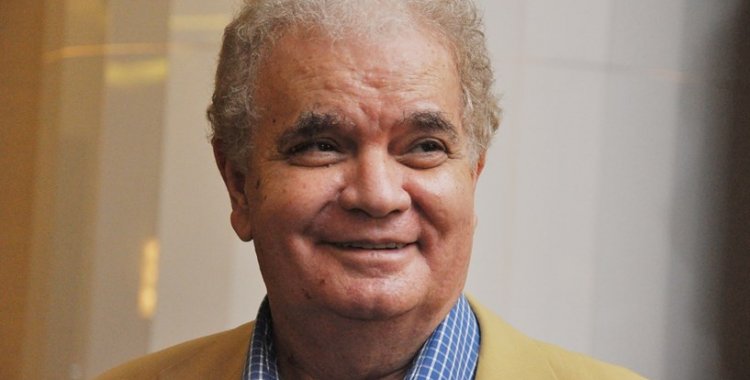The university lecturer reacted, in statements to the Lusa agency, to the announcement of the revision of Angola's 2020 SGB, with revenues and expenses estimated at 10.407 billion kwanzas.
Alves da Rocha stressed that as the economy is not functioning, on the contrary, it is already recording its fifth recession this year, which means that state tax revenues tend to decrease, which is also reinforced by the high rate of unemployment, which triggers the reduction of the Labour Income Tax (IRT).
According to Alves da Rocha, these attempts to adjust the Government's operating structures are positive, however, "the savings that come from this are not significant".
"Therefore, there will have to be more space to reduce unproductive expenses of the State, such as the allocation of new vehicles to members of the Government and deputies, which are things perfectly dispensable," he said.
For the economist, in a situation of financial difficulties "these things are dispensable, because that in the face of poverty that exists is an attack".
"It is not worth it, Ministers and Members of Parliament, to keep the cars for 5, 10 years. They are top-of-the-range cars that are very expensive, to keep them for 10 years. That would be proof that, in fact, these people who govern us were really worried", he stressed.
The director of the Centre for Scientific Studies and Research of the Catholic University (CEIC) also said that another consequence could be the increase in debt, congratulating the government for having resorted to the G20 initiative, so that Angola could benefit from a postponement of payment of a debt service, estimated at US$3.2 billion.
"What will already give the Government some slack, now the problem is where it will apply these slacks. That is the big question. And that we hardly know, the so-called civil society then doesn't know where these slacks are applied", he said.
"If they are applied to build the National Electoral Commission building, if they are applied to buy new cars, if they are applied to the surface metro", he asked.
The economist reiterated that estimating the price of a barrel of oil at 33 dollars seems "cautious", bearing in mind that it is not known "how the price will behave".
"Sounds cautious to me. Now I have to know, as a member of civil society, what the government does with our money, because the tax revenue from oil, even if it does not come directly out of the taxpayers' pockets, is revenue that belongs to the nation, it does not even belong to the government, it is the nation's revenue and, as such, we have to know where that money is going", he stressed, insisting that "there has to be a real adjustment of state expenditure, of functional or current expenditure".







